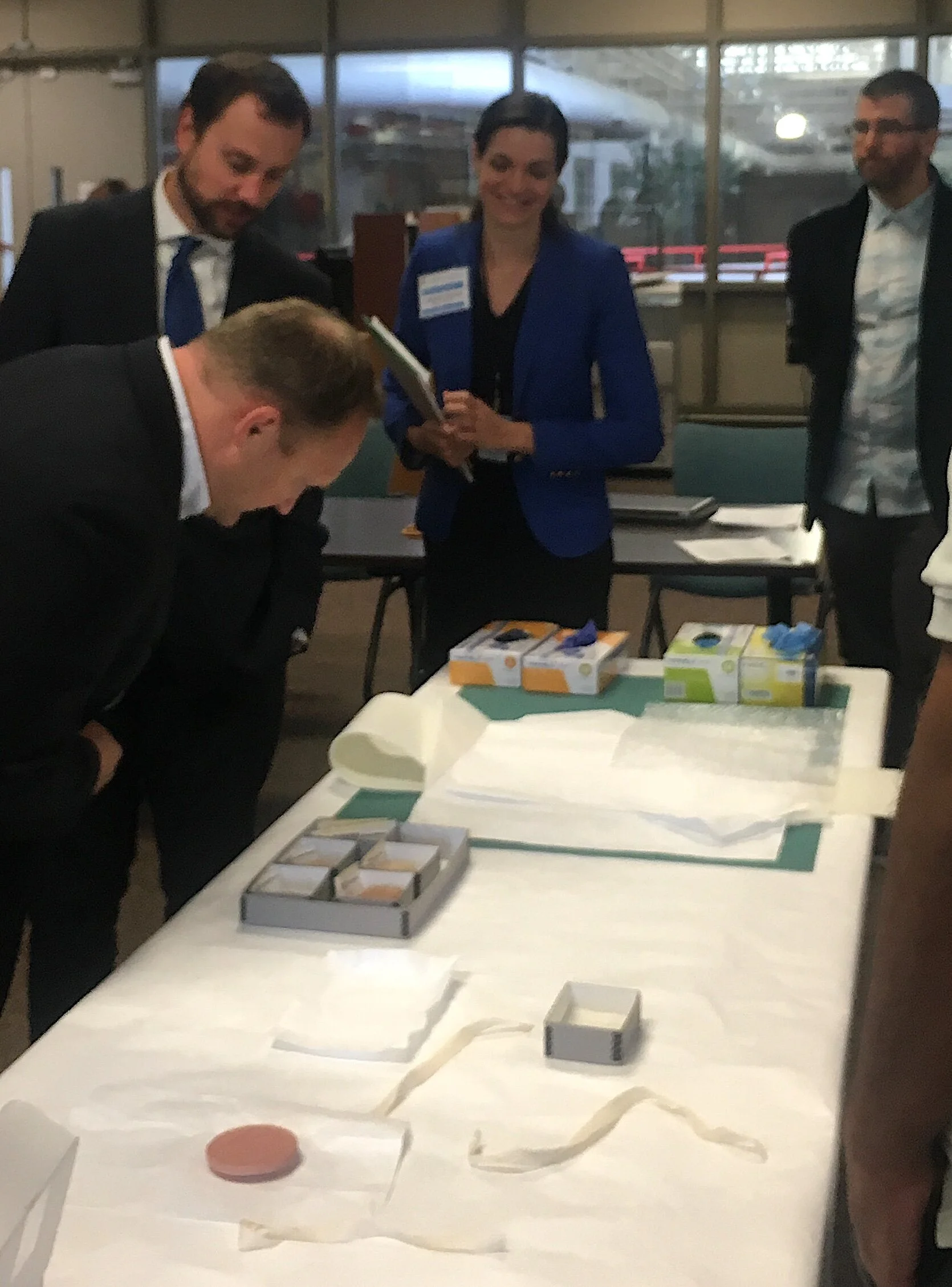We’re excited to announce our new series, Ask a Board Member! If you have any questions about research in or about Iraq or TARII’s role in this research, submit your questions to info@tarii.org and we’ll have a board member answer!
First up, a couple questions for TARII President, Peter Wien.
What is the greatest challenge for a historian's research in Iraq today?
Access to primary sources has been the central problem over the past decades concerning historians of modern Iraq, not only since the US-led invasion of 2003, but long before. Very few works that have been written about the country are actually based on archival or library research in Iraq proper, due to restrictions by dictatorship, war, and the lack of security. In the course of the disintegration of the state that followed the Iraqi defeat in 2003, the Iraqi-American historian and publicist Kanan Makiya removed documents from a Ba‘thist archive in Baghdad, which he later passed on to the Hoover Institution at Stanford University. The legitimacy of this removal has been highly disputed, but the trove of documents has since become an invaluable source for researchers. Other than that, it is difficult to even find information about the accessibility and state of archives and libraries in Iraq itself. The National Library and Archive in Baghdad had been open for researchers for some time in the last decade, but since the advent of Daesh/ISIS, things remain unclear. As far as other regional or local archives are concerned, we don’t even know how many of them exist. Some researchers managed to gain access to private or community collections during the past two decades, but again, no systematic overview is available. It would be a tremendous service to the preservation of Iraqi heritage and for historians worldwide if a concerted effort were made to document the Iraqi archival and library landscape as a first step before conservation efforts can take place.
What do you think is TARII’s role in Iraq today and what do you hope it will be in the future?
The aforementioned documentation effort is one area where TARII could be active, provide funding and help coordinate such a documentation project. Similar support work is already being done in lending a helping hand to archaeologists seeking approval for projects and entry visas. TARII can make its contacts available as a facilitator, and, once we will have set up shop in Baghdad, be a first access point for researchers after arrival, offering accommodation, a library, and workspace. TARII staff in Baghdad will act as facilitators, will help organize transportation and security, and will establish exchange with local scholars and specialists. For Iraqi scholars and students, TARII’s premises in Baghdad will be a go-to place for intellectual exchange, talks and presentations, international networking, help in organizing local research and attaining fellowships, as well as using a full-scale research library. TARII’s house in Baghdad will become a unique hub connecting scholars, students and researchers across a wide range of disciplines, periods and geographical areas they focus on.
Peter Wien is TARII’s Board President and Professor for Modern Middle Eastern History at the University of Maryland in College Park. He has written extensively about political, cultural and intellectual history themes in Iraq and other parts of the Middle East and North Africa. He is currently working on a microhistory of a political murder in Damascus in 1940.





















